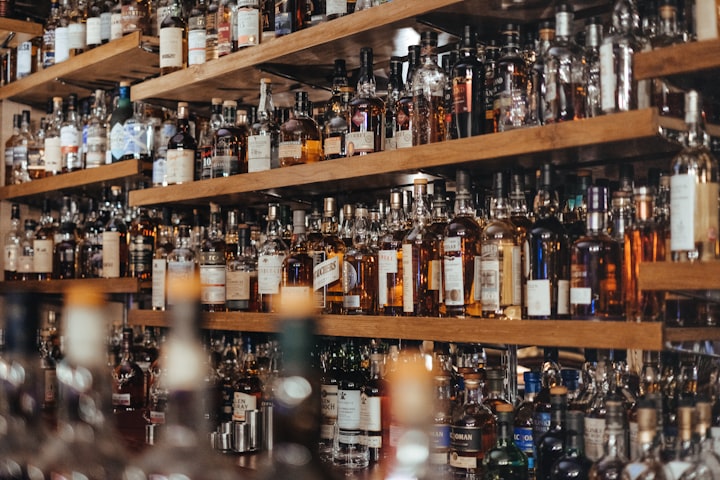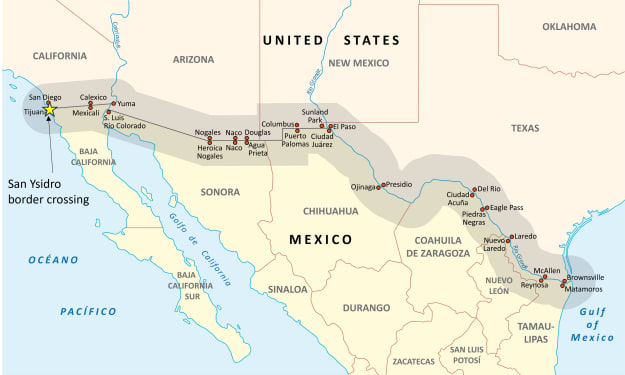
Ethanol: this molecule, made of little more than a few carbon atoms,
is chargeable for drunkenness.
often actually called alcohol,
ethanol is the lively ingredient in alcoholic drinks.
Its simplicity enables it sneak across membranes
and nestle right into a many distinctive nooks,
generating a huge range of results in comparison to different, clunkier molecules.
So how exactly does it cause drunkenness,
and why does it have dramatically distinct consequences on distinctive people?
to reply these questions,
we’ll want to follow alcohol on its adventure thru the frame.
Alcohol lands within the stomach and is absorbed into the blood
through the digestive tract, particularly the small intestine.
The contents of the belly effect alcohol’s ability
to get into the blood because after ingesting, the pyloric sphincter,
which separates the stomach from the small gut, closes.
So the level of alcohol that reaches the blood after a massive meal
would possibly only be a quarter that from the identical drink on an empty stomach.
From the blood, alcohol is going to the organs,
specially those who get the maximum blood go with the flow:
the liver and the brain.
It hits the liver first, and enzymes inside the liver
spoil down the alcohol molecule in steps.
First, an enzyme referred to as ADH turns alcohol into acetaldehyde, which is poisonous.
Then, an enzyme referred to as ALDH converts the poisonous acetaldehyde to non-poisonous acetate.
as the blood circulates, the liver eliminates alcohol continuously—
however this primary bypass of removal determines how a good deal alcohol
reaches the mind and different organs.
mind sensitivity is chargeable for the emotional, cognitive,
and behavioral outcomes of alcohol— in any other case known as drunkenness.
Alcohol turns up the mind’s primary brake, the neurotransmitter GABA,
and turns down its number one gas, the neurotransmitter glutamate.
This makes neurons plenty much less communicative,
and users sense cozy at moderate doses, fall asleep at better doses,
and may impede the brain hobby essential for survival at toxic doses.
Alcohol also stimulates a small group of neurons
that extends from the midbrain to the nucleus accumbens,
a location vital for motivation.
like several addictive pills,
it activates a squirt of dopamine within the nucleus accumbens
which gives customers a surge of pleasure.
Alcohol additionally causes some neurons to synthesize and launch endorphins.
Endorphins assist us to relax in reaction to pressure or hazard.
accelerated ranges of endorphins make a contribution to the euphoria
and rest associated with alcohol consumption.
in the end,
as the liver’s breakdown of alcohol outpaces the mind’s absorption,
drunkenness fades away.
individual variations at any factor in this adventure
can purpose people to act more or much less inebriated.
as an instance, a man and a female who weigh the equal and drink the identical amount
for the duration of an same meal will nevertheless have one of a kind blood alcohol concentrations,
or BACs.
this is because ladies generally tend to have much less blood—
women generally have a higher percent of fats,
which calls for much less blood than muscle.
A smaller blood extent, carrying the identical quantity of alcohol,
approach the awareness can be better for ladies.
Genetic differences within the liver’s alcohol processing enzymes also have an impact on BAC.
And normal drinking can boom production of those enzymes,
contributing to tolerance.
on the other hand, folks who drink excessively for a long time
might also increase liver damage, which has the alternative effect.
in the meantime, genetic differences in dopamine, GABA,
and endorphin transmission may additionally contribute to risk
for developing an alcohol use disease.
those with evidently low endorphin or dopamine ranges may additionally self-medicate
thru drinking.
some humans have a better chance for excessive consuming
due to a sensitive endorphin response that will increase the pleasurable effects
of alcohol.
Others have a variation in GABA transmission
that makes them especially touchy to the sedative outcomes of alcohol,
which decreases their danger of growing disordered consuming.
meanwhile, the brain adapts to continual alcohol intake with the aid of reducing GABA,
dopamine, and endorphin transmission, and enhancing glutamate interest.
this means everyday drinkers have a tendency to be anxious, have problem drowsing,
and revel in less pride.
those structural and purposeful adjustments can result in disordered use
while consuming feels normal, but now not ingesting is uncomfortable,
establishing a vicious cycle.
So both genetics and previous enjoy effect how a person studies alcohol—
this means that that some humans are extra prone
to certain styles of drinking than others,
and a history of intake leads to neural and behavioral adjustments.
About the Creator
Xihluke
I'm a Journalism graduate, a student teacher and a contnt creator of various forms of content. I naturally love to share information.





Comments
There are no comments for this story
Be the first to respond and start the conversation.